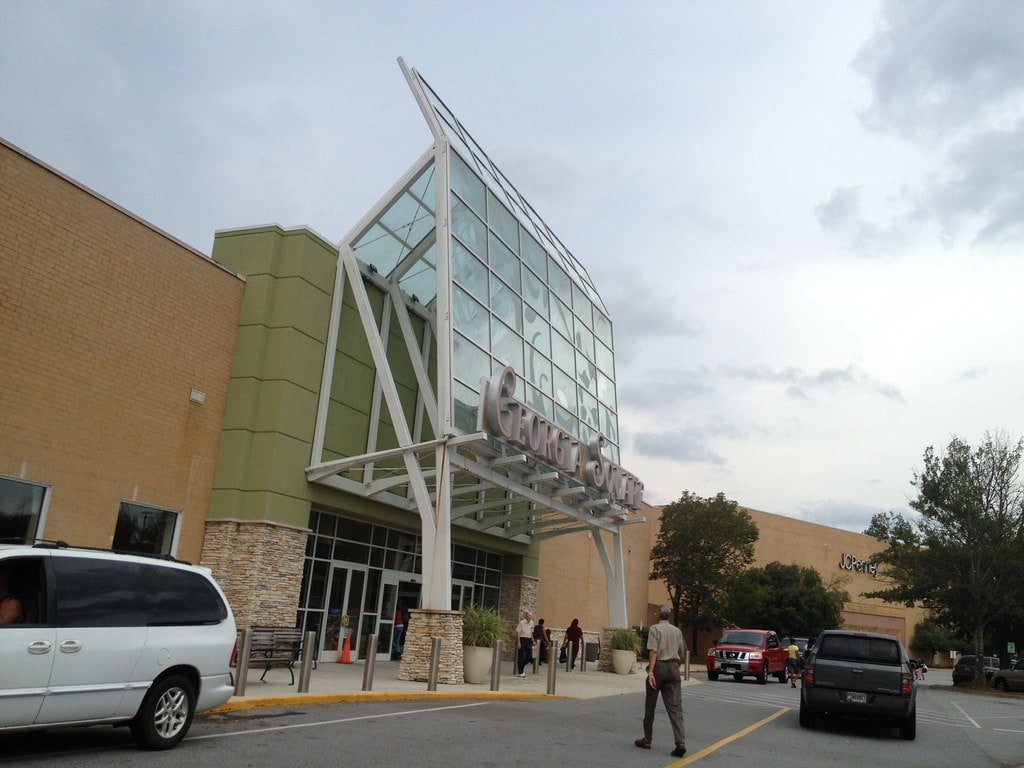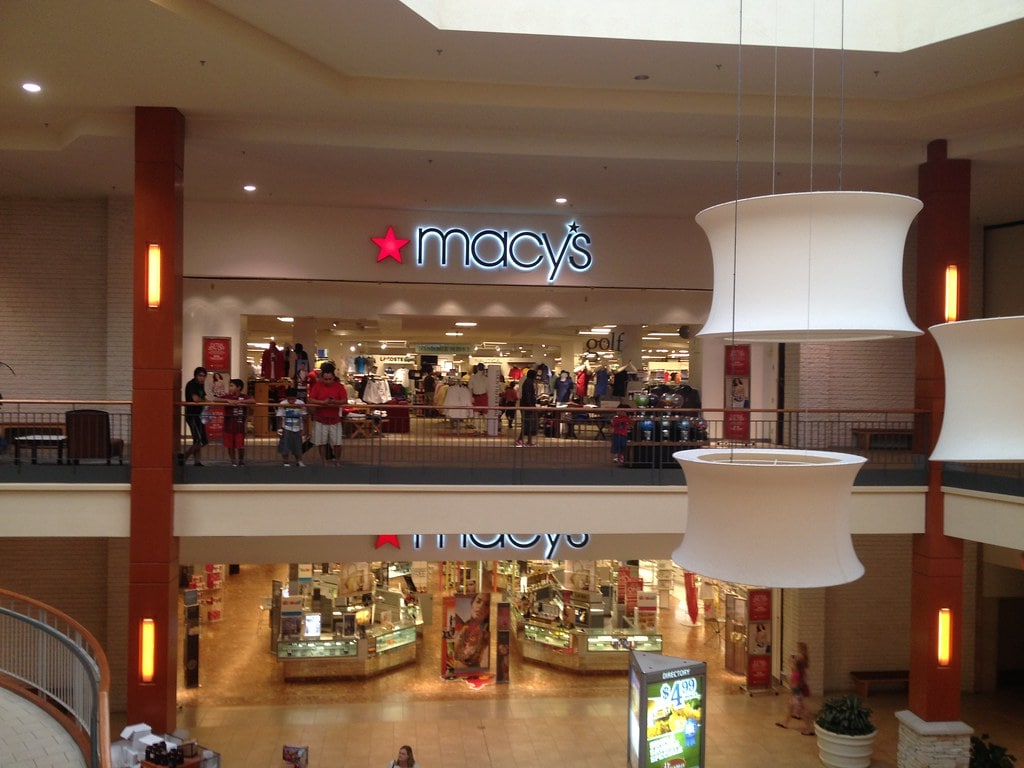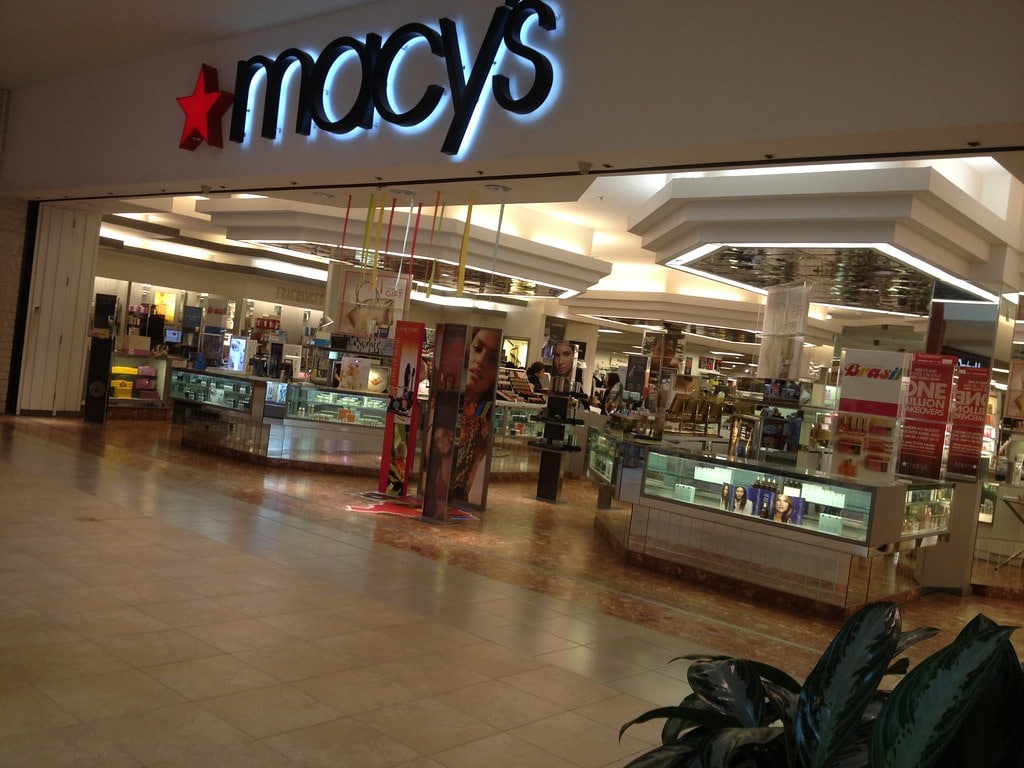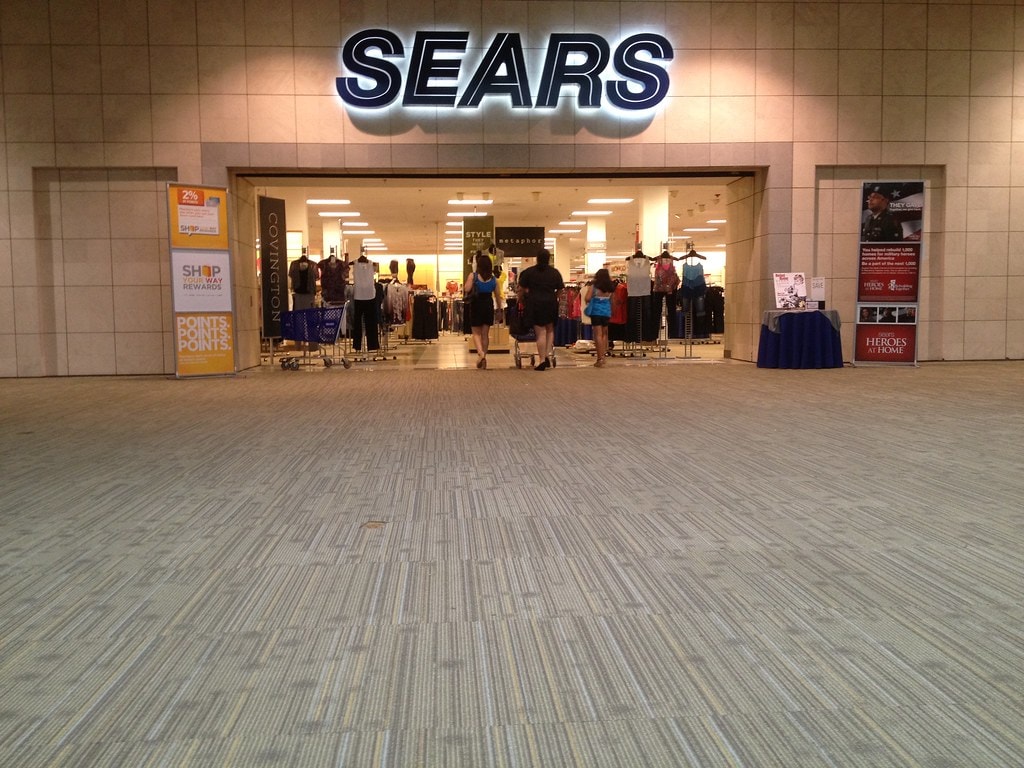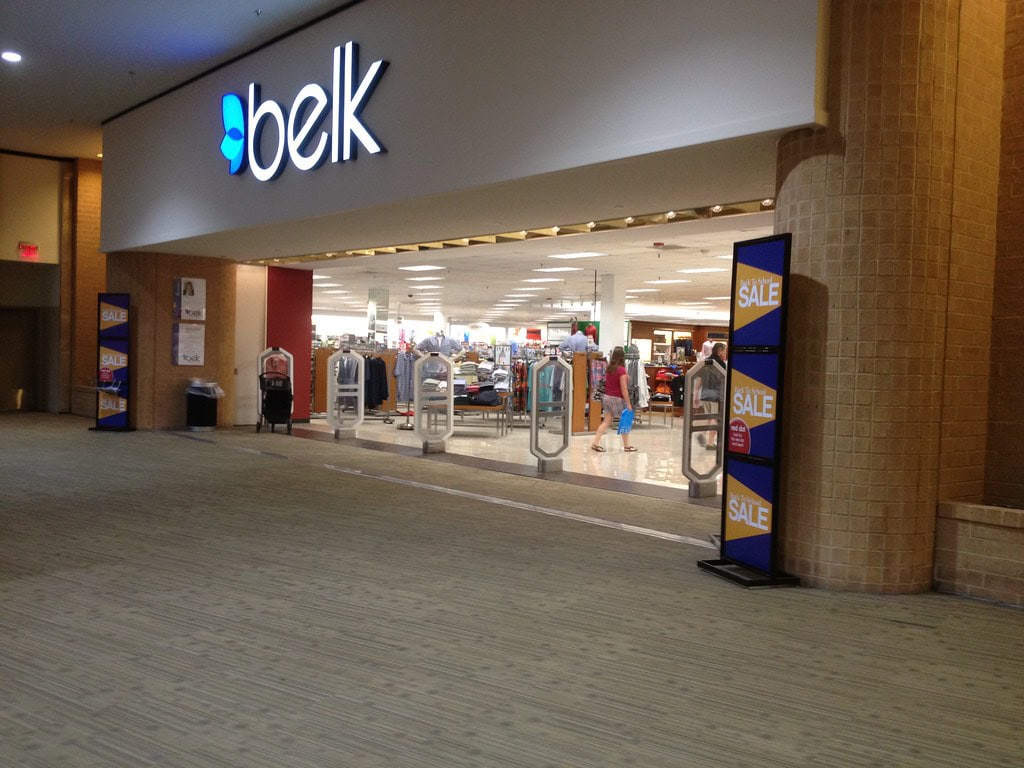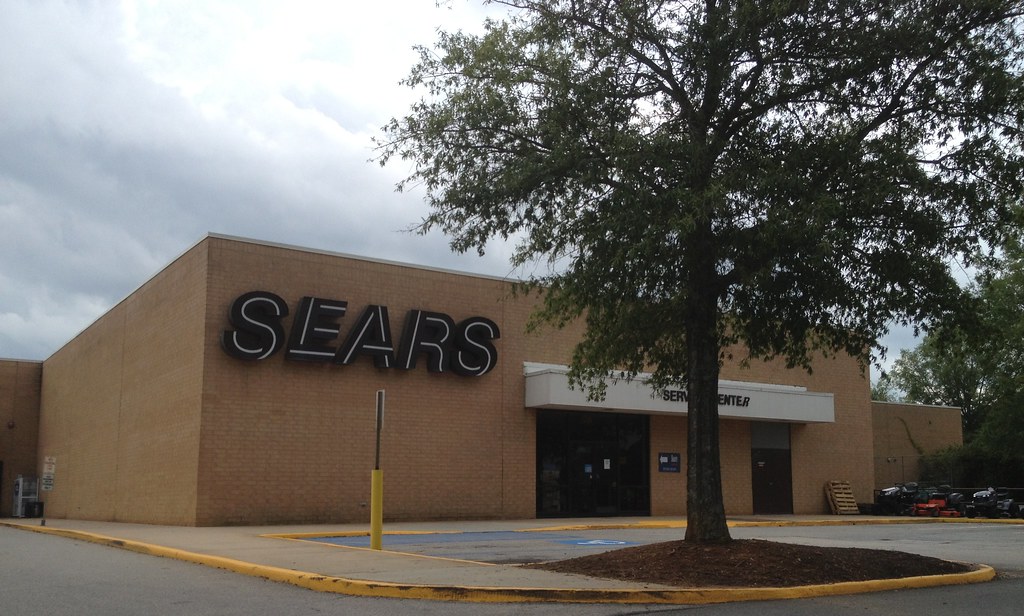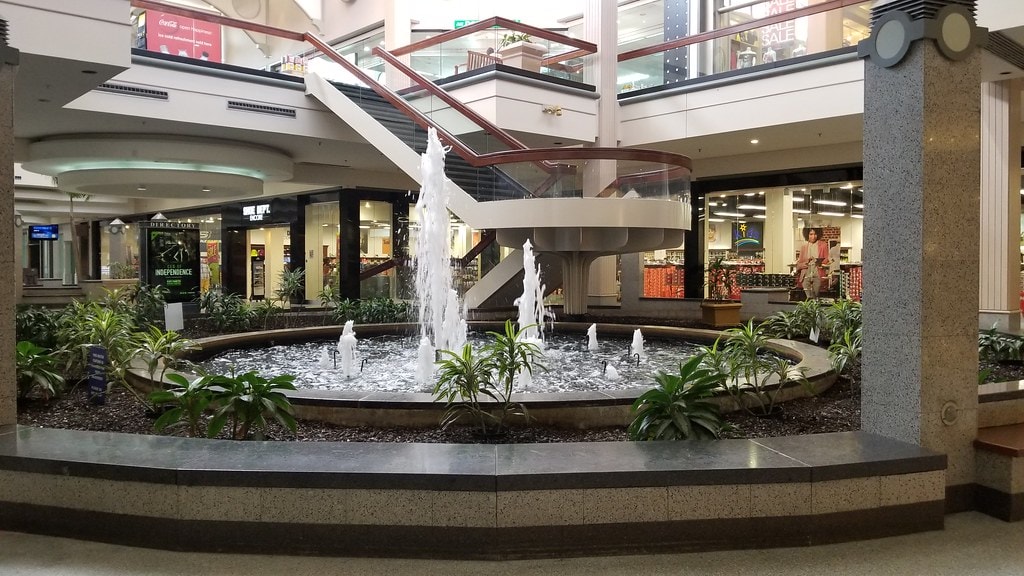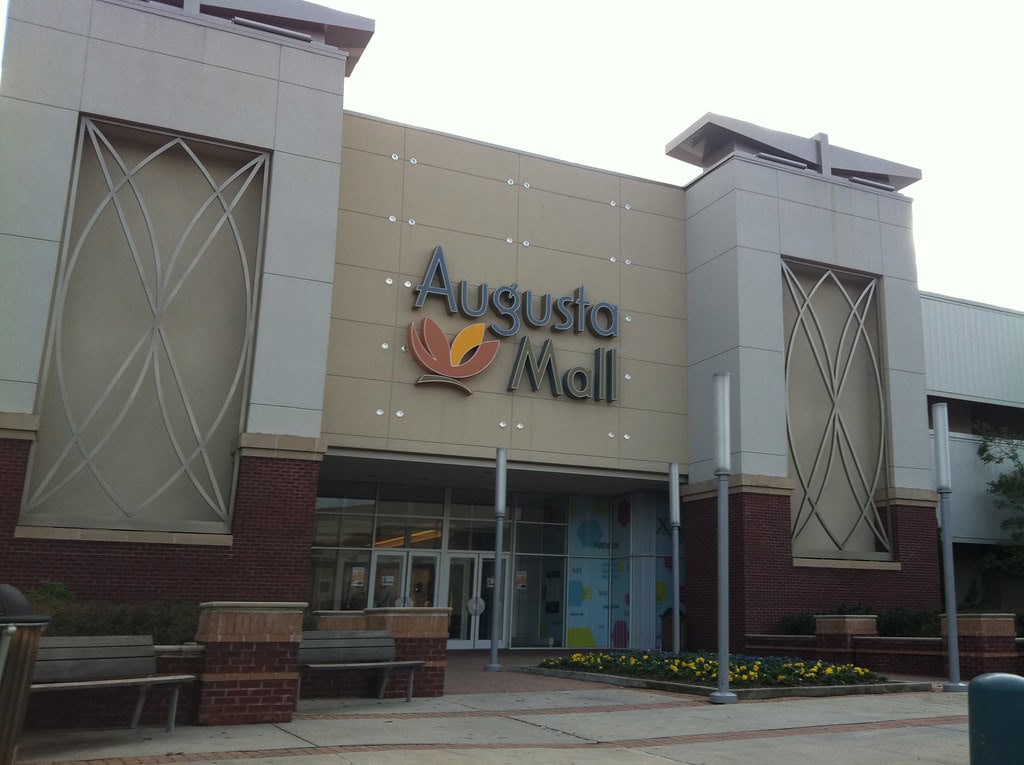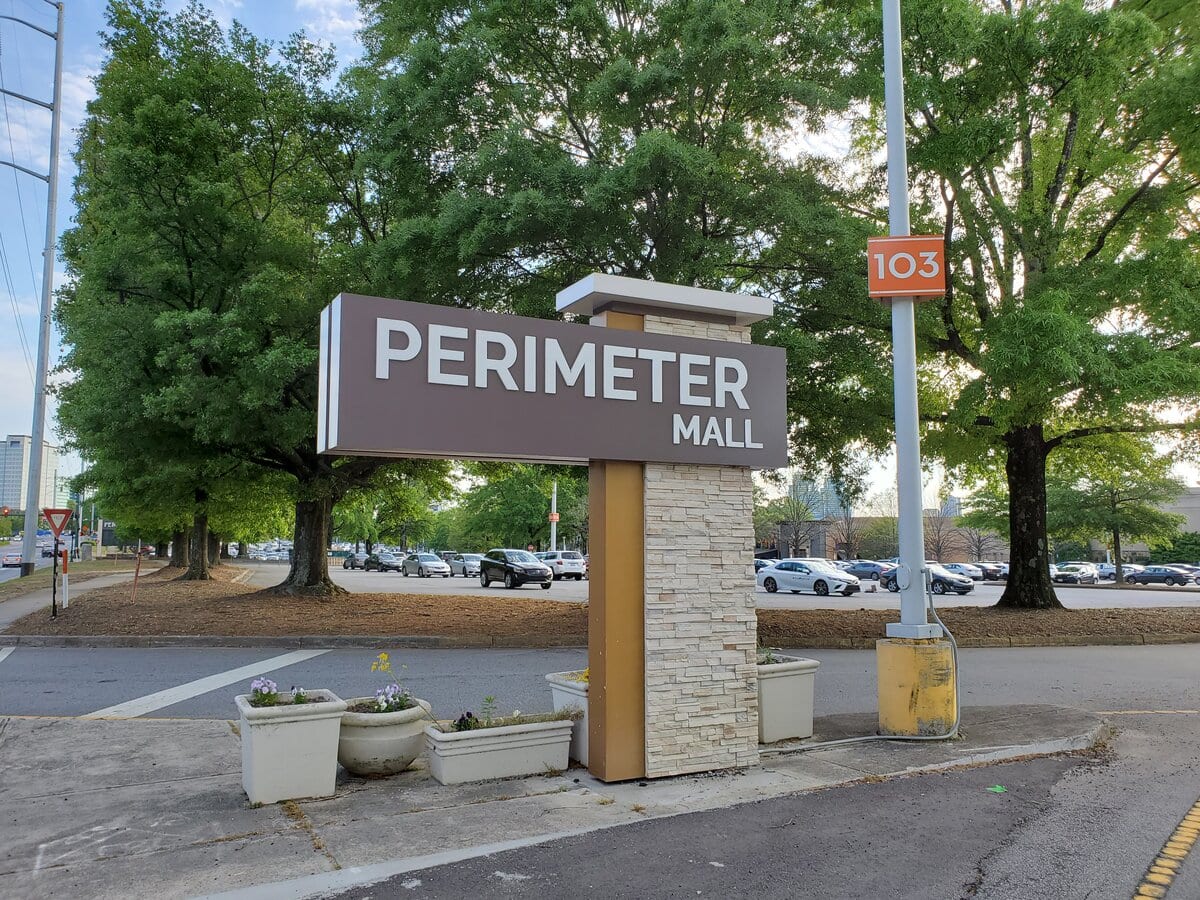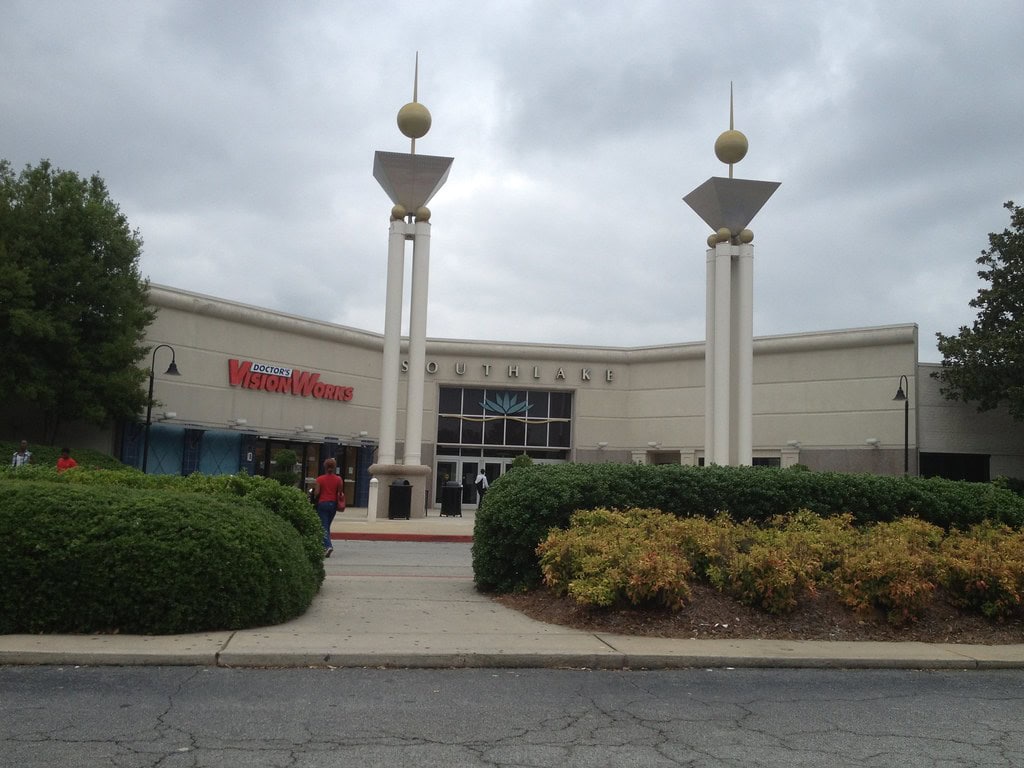Opening day and early ambitions
In 1979, developers secured building permits for Georgia Square Mall, clearing the way for an 850,000-square-foot shopping center anchored by JCPenney, Belk, and Sears.
Davison's joined the project later after a delayed agreement, and the mall officially opened on February 11, 1981, with around 100 stores in operation.
At the ribbon cutting, the Athens mayor appeared with CBL Associates executives, anchor representatives, and pageant winners, while escalators, elevators, and 500 trees in the parking made an excellent first impression.
The project was developed by CBL & Associates, led by Charles Lebovitz and project manager Eugene Schimpf.
JCPenney, Belk, and Sears opened the same day the doors were unlocked, while Davison's waited until April 24, 1981, to host its grand opening.
The interior carried the look of a two-level regional center, built to attract steady trade away from downtown Athens.
Its size and polished design made it stand apart from other retail spaces in Clarke County.
The cinema chain General Cinemas entered quickly, installing four theaters inside soon after the mall began trading.
This positioned Georgia Square as more than a shopping hub, layering entertainment with department store floorspace.
For anyone listing things to do in Athens, GA, the complex became shorthand for a full day out.
The early 1980s defined the property as a fresh place for commerce, gathering both national retailers and local businesses under the same roof.
Expansion years and market reach
By July 1983, Georgia Square Mall had pushed its occupancy to 98.5 percent, an impressive climb from the 88 percent seen on opening day in 1981.
About 11 percent of the filled spaces were run by locally owned shops, mixing small-scale sellers with the national chains.
Shoppers moving from JCPenney to Belk or Sears could stop at specialty stores owned by Athens residents.
Entertainment also gained space quickly.
General Cinemas added five new auditoriums outside the main building in the summer of 1984, joining the four screens already running inside since the mall's launch.
This expansion gave Athens residents a chance to pair retail trips with a night at the movies, a mix that kept parking lots busy on weekends.
The strategy worked for families and students who could combine dining, shopping, and film outings without leaving the property.
The mid-1980s marked the moment when Georgia Square was firmly embedded in Athens commerce.
The four anchors kept their doors open, small tenants cycled through with new leases, and leasing agents found little difficulty filling vacancies.
For residents, it was a convenient one-stop center.
For developers, the property proved that Athens could sustain a regional shopping mall at the scale of 850,000 square feet.
Rebranding cycles and property updates
In 1986, Davison's became Macy's, a shift that introduced new signage and merchandising strategies while leaving its footprint unchanged.
Twelve years later, in 1998, Macy's switched over to Rich's, then merged its branding into Rich's-Macy's in 2003 before returning fully to Macy's in 2005.
These shifts reflected wider moves in the department store sector across the United States.
Carmike Cinemas assumed management of the theaters in 1996.
The indoor set of four screens closed in 2001, while the external five reopened in 2002 as a dollar cinema.
That venture ran for several years before finally shutting down in December 2015.
Moviegoers who once filled the auditoriums moved to other venues, leaving the mall more dependent on its retail side.
Management invested in renovations during 2007, refreshing rear entrances and updating interior design.
The adjustments were visible in finishes and facades, but the overall layout remained the same two-level format from its early 1980s construction.
Anchor closures reshape the floor
In February 2017, the Macy's at Georgia Square Mall pulled down its gates for the last time.
Two years later, in August 2019, Sears followed, leaving its escalators standing still and its showrooms cleared of merchandise.
By the summer of 2020, the pattern had become familiar. JCPenney announced on June 4 that the Athens store would be among 154 closing nationwide.
Its last sales wrapped up that October, racks picked clean before the doors locked.
Belk remained, occupying its corner while the other anchor entrances led only to darkened hallways.
The mall's leasing maps, once dotted with names, now carried wide blank spaces where the anchors had been.
Smaller tenants adjusted as best they could, but the absence of those department stores drained steady foot traffic.
In a building designed around four major anchors, the weight of survival fell on one.
Redevelopment plans and public approval
On March 7, 2023, the Athens-Clarke County Commission voted unanimously to approve a redevelopment plan for Georgia Square Mall.
W&A Engineering prepared the design, projecting a $650 million investment spread across about 75 acres.
The plan kept Belk in place while calling for most of the mall to be demolished and replaced with new residential and commercial structures.
The project outlined 1,200 housing units, with 99 set aside as affordable apartments pegged to 60 percent of the area's median income.
Retail space would be rebuilt at about 70,000 square feet, complemented by offices and restaurants.
To meet broader community needs, the plan included 14,000 square feet for minority- and women-owned businesses at reduced rent and 5,000 square feet reserved rent-free for a daycare or youth center.
The Boys & Girls Club was also listed as a planned tenant.
Infrastructure improvements were central to the proposal.
The plan committed to planting 1,000 trees, building 1.5 miles of multi-use paths, and redesigning traffic flow with three roundabouts.
Nineteen acres of paved surface would be converted to green space, and a transit center was set to connect the development with local bus routes.
Construction was expected to last between five and seven years, reshaping the site step by step while retaining a core anchor in Belk.
Demolition begins, and community response
By March 27, 2025, more than 200 Athens residents gathered inside the mall for a town hall organized to discuss the redevelopment.
Representatives of The Leaven Group faced questions about the pace of progress, with residents pressing for clear timelines.
Days later, in April 2025, demolition crews began tearing down outparcels around the property, the first visible sign that the project was advancing.
Developers explained that financing hurdles had slowed early work.
Roughly $189 million of the budget was tied to a tax allocation district, with future tax revenue committed to covering project costs.
They reported spending $31 million directly, including $25 million used to purchase the mall.
The two-year gap between local approval in 2023 and demolition in 2025 became a steady source of frustration among community members.
The former Sears was identified as the first anchor scheduled for demolition by the end of 2025.
Belk remained open, one of the original anchors still in operation.
As work got underway, the mall stayed accessible, with remaining tenants moved into the central portion of the building to maintain a smaller concentration of trade.
For many Athens residents, the start of demolition marked a turning point, as a declining retail center shifted into the city's largest active redevelopment site.

